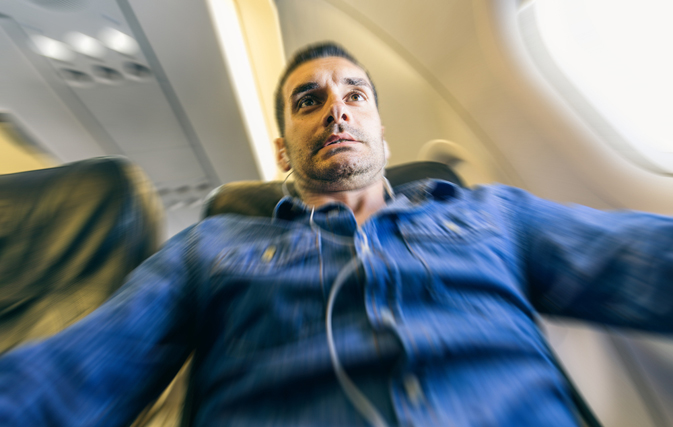TORONTO — You’re not imagining it – you really do pass more wind than usual while flying. But contrary to popular belief, it has nothing to do with the sub-par airplane food and has everything to do with altitude.
As reported by The Huffington Post, there’s a scientific reason why people often feel bloated and break wind during a flight. It’s because of HAFE, or ‘High Altitude Flatus Expulsion’, a term coined by a pair of researchers in the 1980s to explain why mountain climbers experienced flatulence at high altitudes.
A similar phenomenon is seen among passengers on airplanes. Airplane cabins are pressurized to between 6,000 and 8,000 feet, a dramatic change from sea level that affects your body. As the plane flies higher, the gas in your intestines expands, taking up to 30% more room than usual.
And as biology dictates, all that gas has to go somewhere.
To help curb the stinky problem, experts suggest drinking plenty of water and avoiding salty and fatty foods during your flight. It’s also a good idea to walk around the plane to get the bowels moving.

